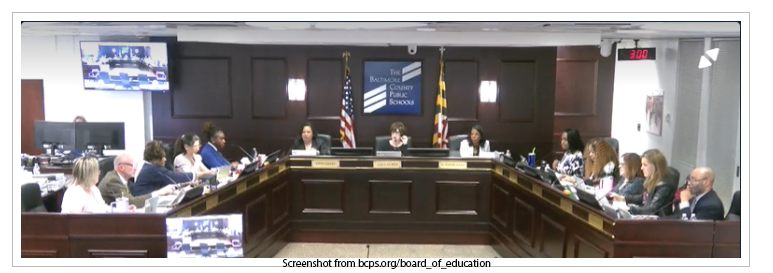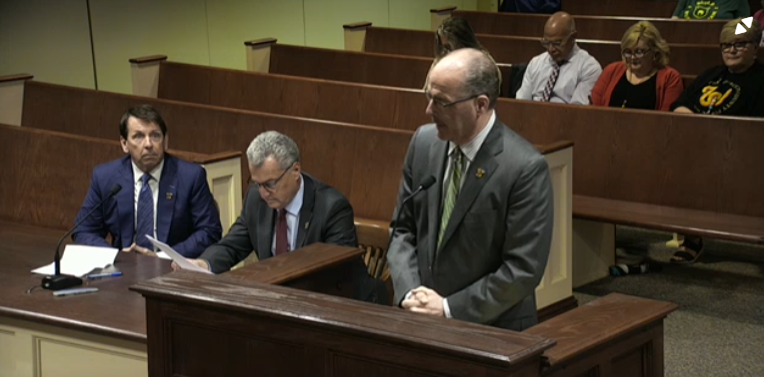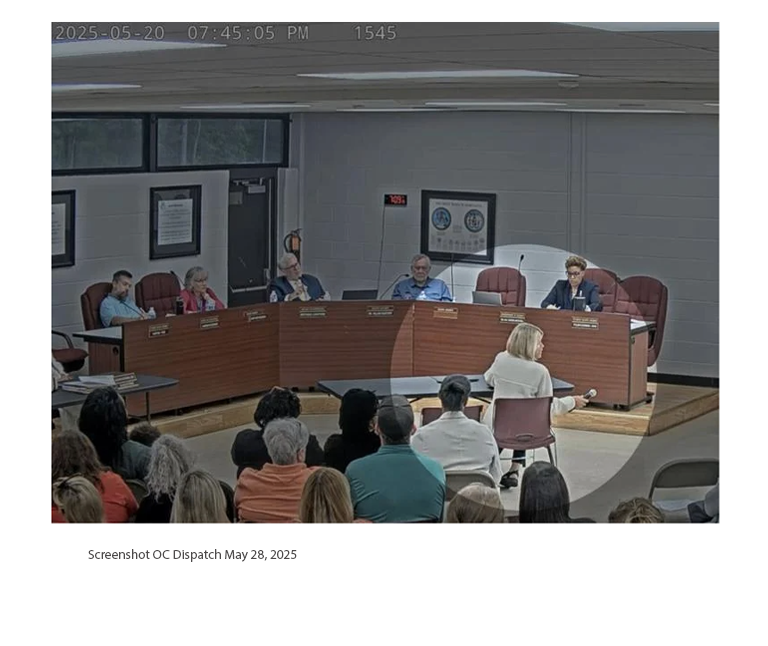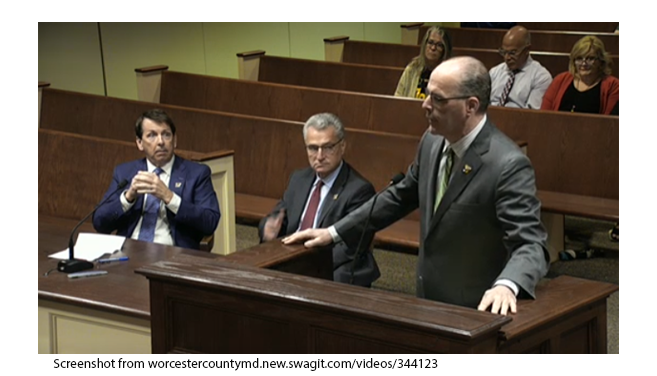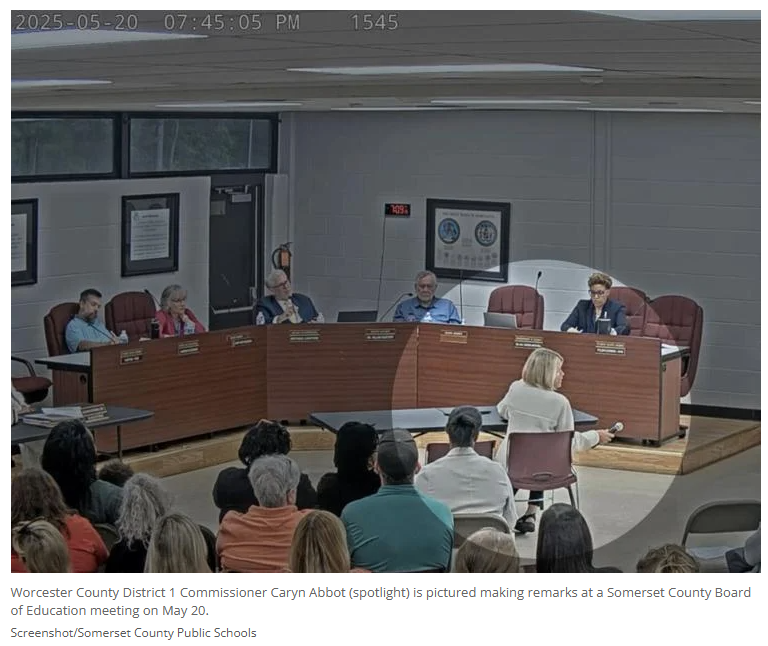

Cellphone Chaos: Unveiling the Classroom Disruption Teachers Can’t Ignore
In the ever-evolving landscape of educational technology, where artificial intelligence, 1-to-1 computing, and learning management systems are transforming classrooms, there’s a disruptive force that teachers unanimously identify as the primary culprit—cellphones. According to a recent article by Arianna Prothero in Education Week, the ubiquity of personal smartphones among teenagers, with a staggering 88 percent ownership rate, is reshaping the dynamics of classrooms and school environments.
Teachers across the country are grappling with the challenges posed by student cellphone use, as revealed in an October survey by the EdWeek Research Center. While 1 in 10 educators reported that cellphones are outright banned in their schools, an additional 22 percent believe such a ban should be in place. The sentiment among teachers is palpable, with many expressing exhaustion over the relentless battle against the intrusion of cellphones in their classrooms.
The concerns voiced by over 200 educators in response to the survey paint a vivid picture of the struggles they face. One high school teacher from Washington state laments the “massive” issue of high schoolers being engrossed in their phones during class, stating that students seem addicted to the constant dopamine rush of checking messages, watching videos, and engaging in other digital distractions.
From Pennsylvania, a teacher highlights the paradox of students being physically present but mentally absent when engrossed in their cellphones, calling it the “single greatest threat to a quality education.” The sentiment is echoed by an Iowa teacher who views cellphone use as a significant impediment to sustained attention in the classroom.
The growing concerns among educators are sparking a debate on whether banning cellphones in schools is the solution. Proponents argue that bans have brought positive changes to classroom dynamics. In Missouri, a district leader notes that the decision to ban cellphones resulted from their undue influence on instructional time, causing disruptions that educators found increasingly challenging to manage. Similarly, a high school teacher in Ohio attests to the transformative impact of a recent no-cellphone policy in their district, describing it as “life-changing.”
Other educators emphasize the need to physically restrict access to cellphones. A middle school teacher in Wisconsin describes using magnetically sealed pouches to limit distractions, drawing a parallel between responsible cellphone use and teaching someone to use heroin responsibly. Meanwhile, a high school teacher in Minnesota credits their longstanding cellphone policy for fostering a focused learning environment.
In contrast, some educators argue that implementing cellphone bans is easier said than done. An Illinois high school teacher highlights the inconsistency in enforcing a “no cellphones in the academic classroom” policy, citing parental resistance and the lack of a schoolwide plan as hurdles. Similarly, a teacher from Washington state expresses frustration over the lack of a cohesive schoolwide phone policy, impacting students’ progress.
The debate over cellphone bans extends to concerns about enforcement, with teachers noting the difficulty of competing with the allure and addiction to cellphones. A New York middle school teacher points out that constant alerts and notifications make it nearly impossible for educators to maintain students’ attention in class.
Despite the challenges, some teachers have found creative ways to address cellphone use. In North Carolina, a high school teacher engages students in discussions about societal changes, prompting them to reflect on their own cellphone usage. By sharing personal struggles and observations, educators are finding that students are more likely to respect rules that limit cellphone use during class.
As schools grapple with the impact of technology on education, the cellphone debate underscores the need for thoughtful policies and strategies that balance the benefits and challenges of ubiquitous devices in the hands of students. The narrative emerging from educators across the country reflects a complex and ongoing dialogue about the role of cellphones in the modern classroom.
Dig Deeper With Our Longreads
Newsletter Sign up to get our best longform features, investigations, and thought-provoking essays, in your inbox every Sunday.
The MEN was founded by John Huber in the fall of 2020. It was founded to provide a platform for expert opinion and commentary on current issues that directly or indirectly affect education. All opinions are valued and accepted providing they are expressed in a professional manner. The Maryland Education Network consists of Blogs, Videos, and other interaction among the K-12 community.


